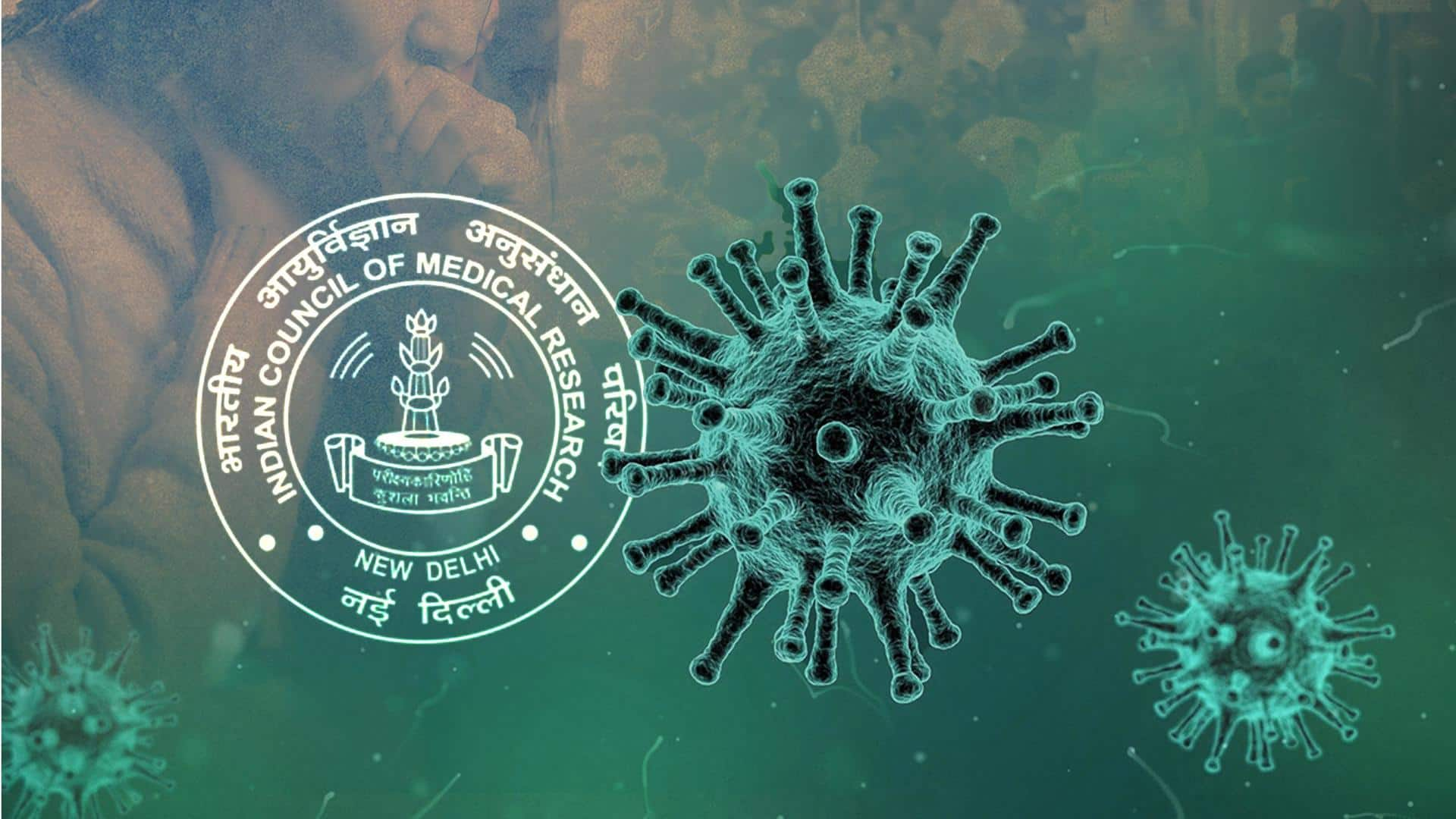
H3N2: ICMR expert recommends influenza vaccine for low immunity people
What's the story
With respiratory illnesses due to H3N2, COVID-19, and other viruses reportedly witnessing a steep rise over the last week in India, experts have issued caution and recommended precautionary measures. Dr. Varsha Potdar, Head of the Indian Council of Medical Research (ICMR)-run National Influenza Centre (NIC) said the rise in H3N2 cases is a "usual phenomenon." She recommended preventive vaccination for people with low immunity.
Context
Why does this story matter?
Health officials and experts have expressed their concerns after observing a rise in cases of flu-like illnesses with slightly increased severity and some cases requiring hospitalization over the last two to three months. The recent increase in influenza illnesses has also alarmed the general public, given that the COVID-19 pandemic occurred two years ago and is still active.
Details
What did Dr. Potdar say?
Speaking to News18, Dr. Potdar said that one or two viruses co-circulate with one virus predominant in the season and give rise to respiratory illnesses, which is a "usual phenomenon." "From August to October, H1N1 (swine flu) was predominant, whereas, from November, H3N2 starts dominating. Now, type B virus is also in circulation along with H3N2," she said.
Comments
Influenza viruses constantly evolving leading to mutations: Potdar
Potdar said that the viruses currently in circulation in the country were the "same seasonal viruses", which are circulating worldwide at this time. "Influenza viruses are constantly evolving through drift phenomenon leading to mutations. This is why every year the vaccine gets updated for circulating strains. The current circulating strains are similar to the Northern Hemisphere vaccine component for H3N2," she added.
Vaccine
ICMR expert says vaccine good idea for low immunity individuals
She further suggested that taking the influenza vaccination is a good idea for those with low immunity. The vaccines give moderate immunity for about eight to nine months, she said, adding that the northern and southern hemisphere vaccines are available for use by high-risk groups and healthcare workers. She also suggested people follow hygiene, COVID-19-appropriate behavior, masks, and social distancing to prevent these infections.
Alerts
Alerts issued by ICMR and IMA to public
Two weeks ago, ICMR experts issued an alert and attributed the persistent cold and cough running through the country to Influenza A virus subtype H3N2. Later, the Indian Medical Association (IMA) also instructed against the indiscriminate use of antibiotics amid the recent spike in cough, cold, and nausea cases across the nation. India reported six H3N2-linked deaths, but the government confirmed only two.